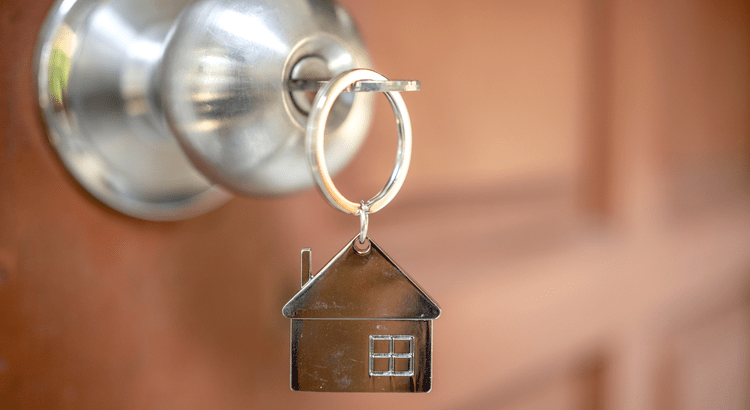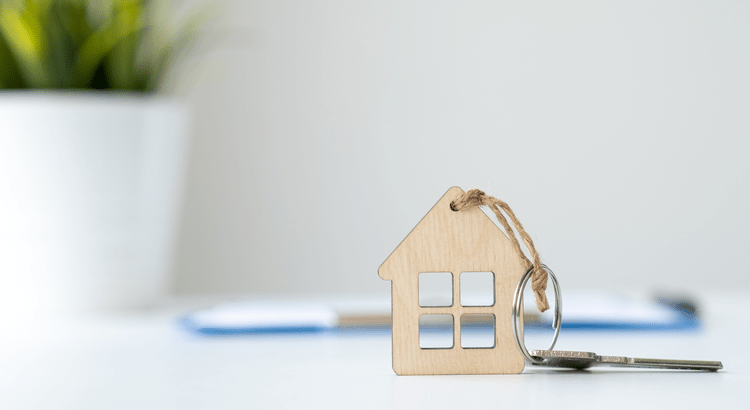
As someone who’s thinking about buying or selling a home, you’re probably paying close attention to mortgage rates – and wondering what’s ahead.

As someone who’s thinking about buying or selling a home, you’re probably paying close attention to mortgage rates – and wondering what’s ahead.

If you’re in the market to buy a home, there’s some exciting news for you.

Even though data shows inflation is cooling, a lot of people are still feeling the pinch on their wallets.

There’s an interesting trend happening in the housing market.

There’s no arguing this past year has been difficult for homebuyers.

If you’re thinking about selling your house, you should know there are buyers who are ready and able to pay today’s high prices.

If you’re trying to decide if you’re ready to buy a home, there’s probably a lot on your mind.

Navigating the housing market can be tricky, especially these days.

Retirement is a time for relaxation, adventure, and enjoying the things you love.

In life, patience is a virtue – but in the world of homebuying, waiting too long in hopes of finding the perfect home actually isn’t wise.